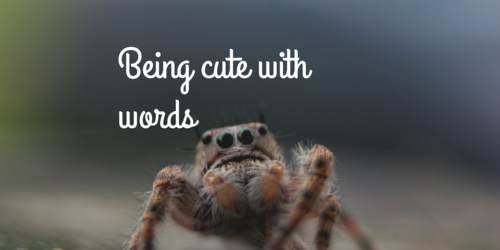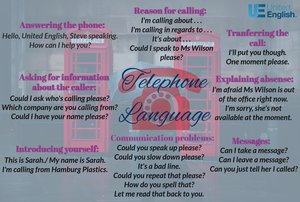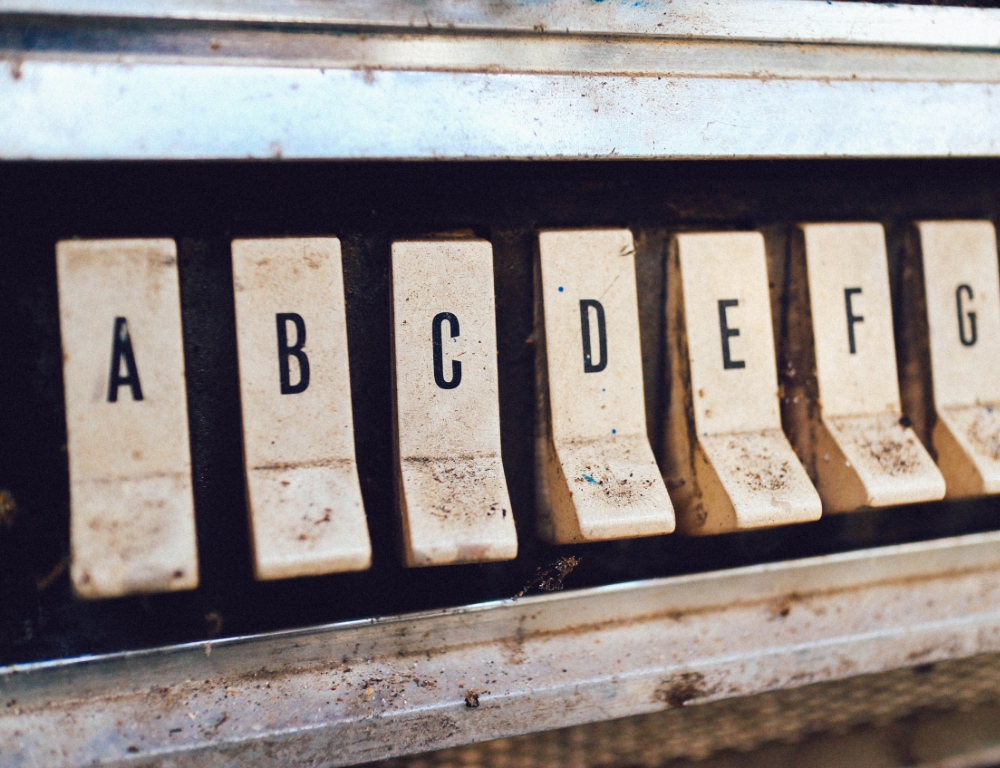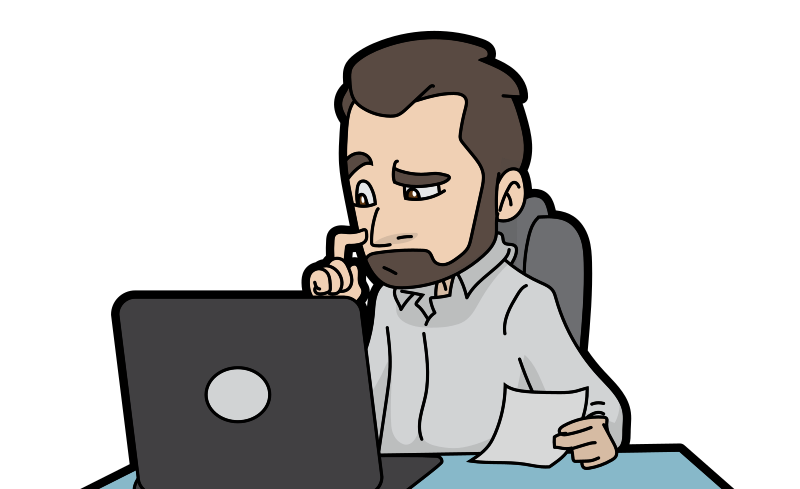As many of our students are native speakers of Spanish, they are more likely than not frequent users of diminutives, whether they realise it or not.
Diminutives are sounds that we add to the end of a word in order to make it seem smaller, cuter or weaker. In Spanish, it seems that they are used all the time; poco becomes poquito, with names Karen becomes Karencita, and in reggaeton songs brought to international attention by Justin Bieber, despacio becomes despacito.
It’s not just in Spanish, either. Brazilian footballer Ronaldinho’s real name is Ronaldo with -inho being a diminutive in Portuguese. If you aren’t ready to commit to a full loaf of bread in Germany, you might just buy a Brötchen, with -chen being a diminutive and in Dutch, a casual beer would be a Biertje as –tje is diminutive.
But why do we never hear about diminutives in English?
Diminutives do exist in English but there is also a wide range of other modifying words, which are commonly used particularly with adjectives and adverbs to reduce their impact. Words such as:
- fairly
- quite
- pretty
- somewhat
- kind of
- a bit
- relatively
- comparatively
- moderately
- rather
- sort of
All of these words, amongst many others can me used to soften the impact of words. Many of our students will be surprised to see that I haven’t included more or less in this list, as it’s not anywhere near as common at the other examples.
While they are more common, diminutive suffixes do exist in English, as they do in the other languages mentioned above.
-y
Often we can make something seem cuter by adding a -y to the end of a word. Cat may become kitty. Your grandmother might be your grannie if you feel affectionately towards her and you might call your friend Tom Tommy. If you’re talking to your dog, you could invite them out for walkies.
Also, if we don’t want to talk about something unpalatable directly, we can reduce it’s offensiveness by adding an -y to the end. Underwear becomes undies and other bodily functions and anatomical words may be given the same treatment, especially when talking to children.
-ish
This is a diminutive but it doesn’t make the word smaller, it makes it approximate. For example, if you are not so sure about an exact time, you could arrange to meet someone at 2-ish rather than at 2 o’clock exactly. If you called something small-ish you are being vague about the quantity.
This suffix can even be used as a word on it’s own in colloquial speech. The following conversation is perfectly natural in the correct context.
-Are you feeling better now?
-Ish.
Australians
I feel, and perhaps some Australians will correct me, that our Antpodean cousins are far more partial to diminutive forms compared to the rest of the English-speaking world. They can put -ie on the end of almost anything. For example, barbecue becomes barbie, breakfast becomes brekkie and a can of beer could be and often is called a tinnie. They even call themselves Aussies.
The Australians use so many diminutives that they invented their own, which aren’t common in other parts of the world. They can use an -o as well as -y as a diminutive. The shop that sells alcohol is the bottle-o, an avocado is an avo (not to be confused with arvo, which is an afternoon).







